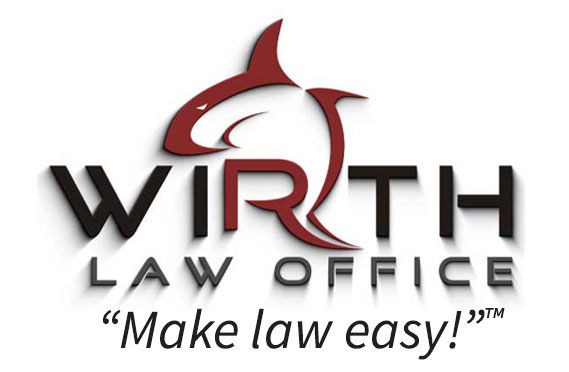 People steal credit and debit cards all the time. This leads to many cases of unauthorized use of a credit card in Wagoner, Oklahoma.
People steal credit and debit cards all the time. This leads to many cases of unauthorized use of a credit card in Wagoner, Oklahoma.
As cybercriminals get smarter, cybercrime takes on new proportions.
In 2018, credit card theft was all about cumulative small thefts which can add up to big amounts over time. These smaller amounts are often easy for the consumer to overlook even if the consumer reviews their bank statements regularly. A $5 or $10 charge, even a recurring charge, is easier to overlook than a $1,500 charge.
Unauthorized use or possession of a credit card or a debit card is a type of fraud that is closely related to identity theft.
With the advent of online shopping and the regularity of security breaches, it is likely that your credit card number may be available online and easily harvestable by some cybercriminal or another.
And remember, just being physically in possession of a card without permission may be enough to get you into a lot of trouble in Oklahoma.
Unauthorized Use of a Credit Card is a Crime
Oklahoma’s Credit Card Crime Act of 1970 covers a number of types of credit card crime. Unauthorized possession or use of a credit card is just one of those crimes.
In Oklahoma, it is unlawful for anyone to knowingly use or attempt to use another person’s credit or debit card in any manner and for any purpose, without permission. This is true whether you use the card by phone, over the internet, or in person. Okla. Stat. tit. 21 § 1550.2
Often, these transactions involved the transfer of funds in addition to the use of the card to purchase goods or services.
This same statute makes it a crime to use a revoked or canceled card once the card issuer has given notice of the revocation or cancellation. This too amounts to unauthorized use or possession of a credit card, as does using a fake or counterfeit card.
The amount of the transaction(s) involved will dictate how you will be charged and punished if convicted.
If the amount involved is $500 or less, the matter will be charged as a misdemeanor. This is punishable by a fine of up to $500, up to 30 days in jail, or both.
If the amount exceeds $500, you could face a fine between $500 and $1,000, up to a year in jail, or both.
The law also allows the amounts to be added together if they are the result of a plan or scheme which results in recurring theft. That can move the total amount from a misdemeanor to a felony.
If the value of the goods or services received as a result of the unauthorized use or possession is $1,000 or more, you could be charged with a felony. If the matter rises to the level of a felony, you could face up to seven years in prison in addition to paying a substantial fine. Okla. Stat. tit. 21 § 1550.33
The penalty statutes give the court wide discretion in passing sentence upon a defendant.
Why This Statute Could Mean Trouble
Under this statute, if you happen upon a credit or debit card that belongs to someone else and make no steps to immediately return it, you could be prosecuted.
Here is a scenario. It is late and you are in a hurry.
You stop at the bank to withdraw some cash, and you notice that someone has left a debit card in the ATM. You pull the card out and look around, but no one is there. The bank is closed and the ATM records your actions.
So, what should you do? If you hang onto it, you could be prosecuted and the ATM footage will show that you took the card from the machine.
You could slip the card under the bank’s door, or turn it into the police department on your way home. However, you cannot keep the card.
Having permission is the most common defense to this crime. However, there are other defenses that may be available to you. Speak to an experienced Wagoner criminal defense attorney as soon as possible to see if you have a viable defense.
Initial Strategy Session: Wagoner Criminal Defense Attorney
This can be a frightening time. The criminal defense lawyers at Wirth Law Office – Wagoner are here to provide you a low-cost consultation to discuss what our team can do to handle your criminal matter.
Contact us at 918-485-0335 to schedule your confidential and low-cost consultation. You may also contact us by email using the form at the top of this page.
Either way you reach out to our team, we’ll get back to you promptly to answer your legal questions.







